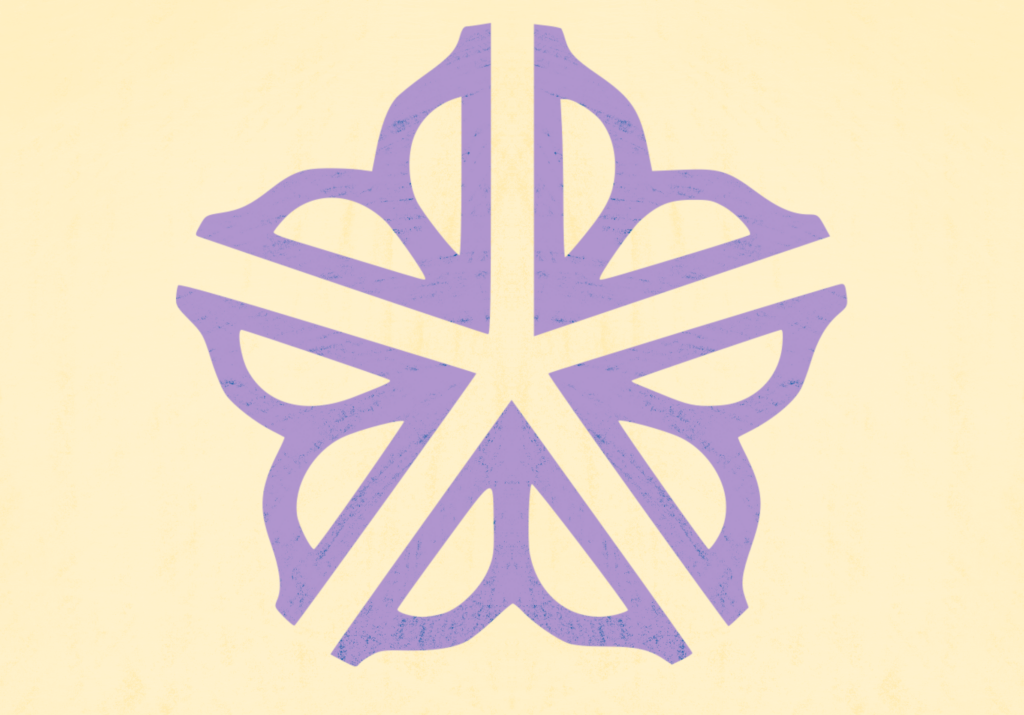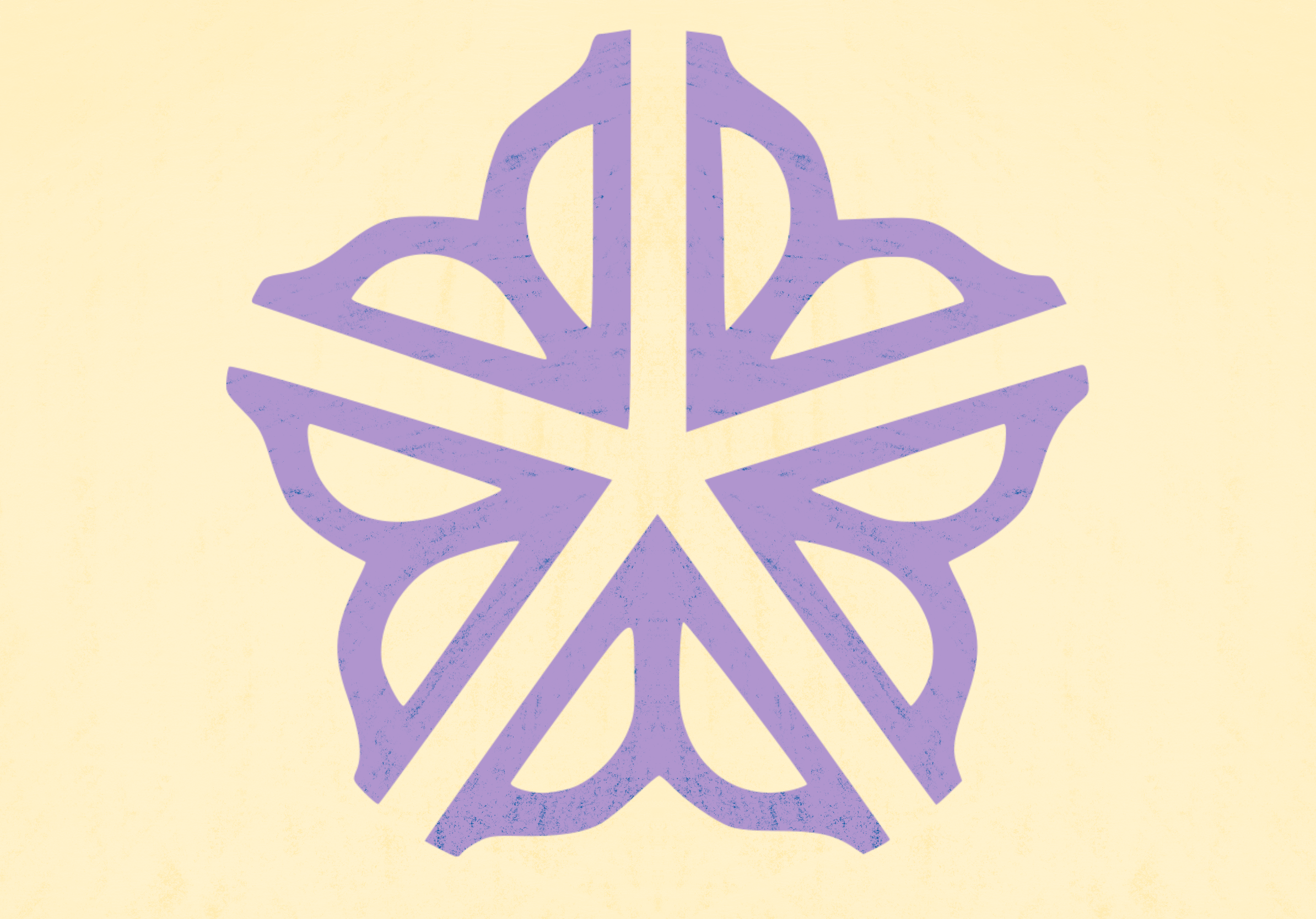There is a popular narrative on campus that Rochester is a dying city, that there is not much more to Rochester than danger and poverty. But they are wrong.
I have been living in Rochester since I was in the fifth grade. The majority of my life has been spent here. And for this, I am very lucky. I love the sweet smell of lilac bloom in mid-May. I love walking on the sand-dusted pavement of the Irondequoit Beach pier. I love dogTown and their $5 hotdogs. I am proud to call Rochester my hometown. I would love to raise my children here. I believe that there is so much potential here. I have immense hope for the future of Rochester.
Most of the people on campus who have such a narrow-minded view of Rochester are merely visitors. To them, Rochester is a pit stop. They will spend four years here and then at most, maybe return for alumni weekends. However, to me, Rochester is home. I have grown up here. I know this city intimately. I know how much it means to the people who live here.
My hope for Rochester is not naive. I am well aware of the inequalities that plague my hometown. The ever-present hyper-segregation here is shameful. The city flaunts our status as the hometown of Frederick Douglass, yet does so little to support the BIPOC communities that live here. There are ever-present structures that lead to severe inequalities. But there are so many people working to alleviate that. I remember how impassioned we were during the Daniel Prude protests. That passion has not dissipated. Those same people are still toiling to implement major changes in the community.
Despite Rochester’s flaws, I have immense hope for the people who live here. This hope is not unfounded. I am someone who volunteers frequently. Through this, I have met countless people in the Rochester community who are working to improve Rochester. I have volunteered for St. Mark’s and St. John’s. I have tended to their community gardens; I have met some extraordinary people who are working to alleviate the food poverty that affects the Beechwood neighborhood in Rochester. I have volunteered at Open Door Mission, cooking in their kitchen and organizing their pantries, and I met people who spend every day working to alleviate the stresses of those who are unhoused. These are people who have endured Rochester’s inequalities and instead of giving up, they persisted. Their kindness and empathy give me hope.
We are not a dying city. I need people to understand that. I need people to have faith in the people of Rochester to reform a city that is flawed but fixable. The stories of the people who are creating community and fighting for change here are deeply inspiring. I wish people would focus more on the positive impacts that people here have on the Rochester community. A city cannot be dying if there are so many people who are pumping it with life.
I wish I could convince the world that Rochester is not a dying city, that it has the capability to bloom into a city that is just and equitable; a city truly worthy of the people who live here. I need people to have hope for Rochester.


